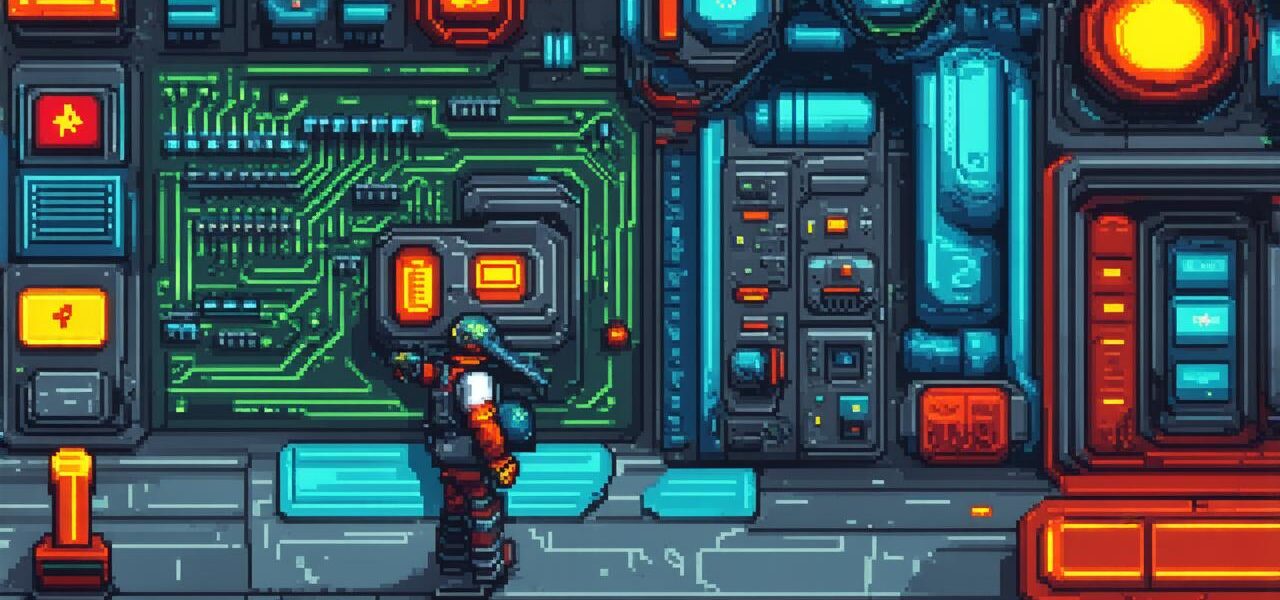Video game mechanics refer to the systems and rules that govern how games are played. These systems include everything from character progression to enemy behavior to level design. Understanding video game mechanics is crucial for anyone looking to create engaging and immersive gaming experiences. In this article, we’ll explore some of the key components of video game mechanics and how they work together to create a compelling gameplay experience.
The Importance of Game Mechanics in Game Development
Game mechanics are essential to creating a fun and engaging gameplay experience. A well-designed game mechanic can make a game more challenging, rewarding, and immersive. It can also help to create a sense of balance and fairness in the game, which is important for player satisfaction and retention.

One of the key benefits of good game mechanics is that they can help to create a sense of challenge and progression for players. By making the game more difficult as players progress through the levels, developers can keep players engaged and motivated to continue playing.
Good game mechanics can also help to create a sense of immersion in the game world. For example, by implementing realistic physics and movement systems, developers can make the game feel more authentic and engaging.
Character Progression: A Key Component of Game Mechanics
One of the most important aspects of game mechanics is character progression. This refers to the process by which players upgrade their characters’ abilities and equipment as they play through the game. There are many different ways that this can be implemented, including level-based systems, skill trees, and loot drops.
Enemy Behavior: A Critical Component of Game Mechanics
Another important aspect of game mechanics is enemy behavior. Enemies in games must be challenging enough to keep players engaged, but not so difficult that they become frustrating or unfair. There are many different ways that enemy behavior can be implemented, including scripted and procedural systems.
Level Design: A Key Component of Game Mechanics
Level design is another critical aspect of game mechanics. The layout and structure of levels can greatly impact the flow of the game and the player’s experience. There are many different ways that level design can be implemented, including platforming, puzzle-solving, and open-world exploration.




